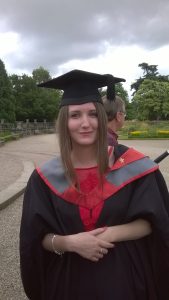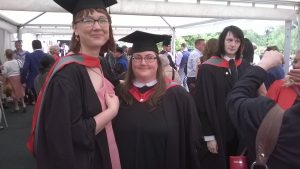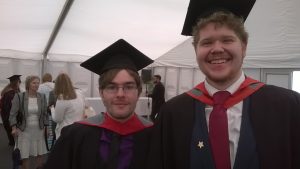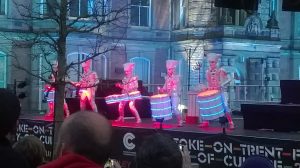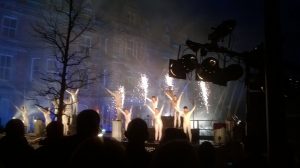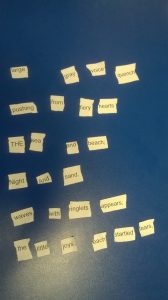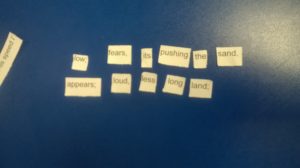On World Book Day, the English and Creative Writing staff have been pondering the books have shaped them as readers:
I fell in love with Narnia when I was about 7. I must have read The Lion, the Witch and the Wardrobe a dozen times. The mesmerising combination of real-world childhood anxieties and the magical world of Mr Tumnus and the White Witch transported me from a humdrum suburban existence to a place of imagination and adventure. Later, I would reflect on the Biblical allegory and genre convention of portals to fabulous worlds which taught the children in children’s literature how to deal with the uncertainties of growing up, being part of a group, and the looming responsibilities of the adult world, but I will always remember the escape to a magical kingdom of talking animals and good and bad.
Right now, I’m reading Don DeLillo’s most recent novel, Zero K, a meditation on intersection of capital, technology and death.
Mark Brown
I can’t think of a more touching and fascinatingly conceived book than Tess of the D’Urbervilles, by Thomas Hardy. Written at the end of C19, it brings to an end, to an extent, the ‘Age of the Victorian Novel’, climax of that great tradition and swansong at the same time. Tess is a radical novel. Hardy eschews the compromise of marriage that seals the trials and tribulations of the female protagonists in most of the women-authored Victorian novels (Pride and Prejudice, Jane Eyre, Middlemarch). With tragic inevitability Tess, a pure child of nature, walks into her own doom. Every move she makes to get out of her pickles only tightens the noose around her neck. The agents of her destruction are Time, Circumstance, the trappings and falsehoods of modern civilisation, and of course – men! (Hard to understand that this was written by a man!) Hardy had been working some time on transposing the tragic conflict of Greek Tragedy (Aeschylus, Sophocles) into the modern novel. In fact, his intention had been, (Return of the Native and The Mayor of Casterbridge are cases in point), to demonstrate that the novel was the only adequate artistic medium under conditions of modernity to render the notion of life as tragic. Tess is the most archaically wild one of the three late tragic novels, with the main character drawn so sympathetically that it is difficult to follow her plight without getting emotional. Hardy called her ‘my Tess’….
Martin Jesinghausen
One Hundred Years of Solitude by Gabriel Garcia Marquez (1967). This book is about…….everything: all human life is here. It’s labelled as magical realist by the literary-critical establishment (although that’s not a term Marquez liked). For me, the magic is so breath-takingly brilliant not because it is extraordinary, but because it is presented as so very ordinary. My favourite line from this book is “Children and adults sucked with delight on the little green roosters of insomnia, the exquisite pink fish of insomnia, and the tender yellow ponies of insomnia.”
What I am reading at the minute: The Wolf Border by Sarah Hall (2016) – and loving it. This fictional novel is set in present-day Cumbria. The narrator is a woman who is an expert in wolves and is overseeing a project to reintroduce them to the UK, on a large country estate. So far, the novel is raising lots of ethical questions about the human/animal divide and about the human alteration of the ecosystem.
Melanie Ebdon
My book would be the enduring cult classic Geek Love by Katherine Dunn – a one-off as great as Harper Lee’s To Kill a Mocking Bird. It may be set in a freak circus but it’s about so much more: family life as we’ll never know it – and as we know it! A wild and transformative read.
Paul Houghton
The best book in the world (except for the ending). Huckleberry Finn (Mark Twain, in case anybody doesn’t know). I didn’t read this most famous of books until a few years ago, and I’m glad I didn’t. It’s not a children’s book. It’s life on the river, but what a life, and what a river. The language flows like the river, and you float along with it, on the raft with Huck and Jim, one hand trailing in the water
Margaret Leclere


